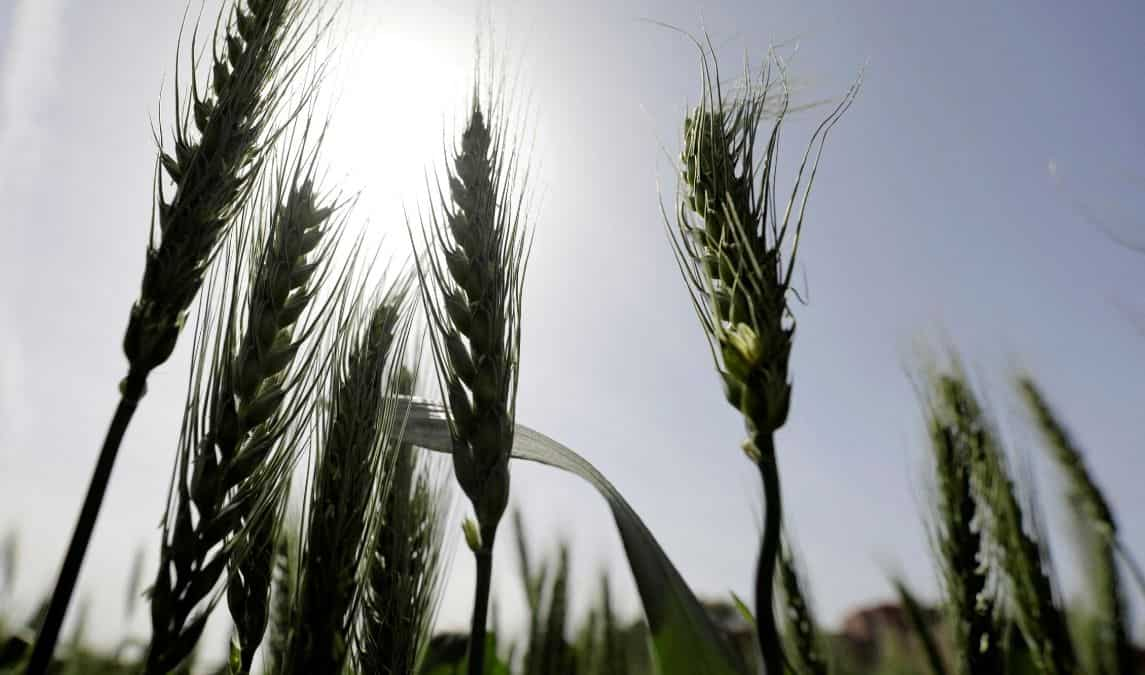Russia’s Dominance in the Grain Industry
Russia is intensifying its control over the grain industry, seeking to dominate the export market amid rising global wheat prices and concerns about supply disruptions. This consolidation comes as major Western grain merchants withdraw from Russia, leaving the market increasingly controlled by firms with connections to the Kremlin.
Market Consolidation and Control
The market consolidation has accelerated since President Vladimir Putin’s invasion of Ukraine, allowing Moscow to exert more influence over global wheat supplies. Currently, only four firms are responsible for 75 per cent of grain exports from Russia’s Black Sea terminals, up from 45 per cent six years ago.
Challenges Faced by Private Sector
Following the exodus of key Western players like Cargill Inc. and Viterra, Russia’s top private grain trader, now known as Rodnie Polya LLC, is facing challenges from the state. Regulatory issues and government pressures have led to a 40 per cent drop in export volumes for Rodnie Polya in April compared to the previous year.
Global Impact and Concerns
The rapid consolidation of Russia’s grain market under a few key players raises questions about future supply stability. Analysts have cut production estimates, with the International Grains Council predicting a 6 per cent drop in Russia’s wheat harvest this year. Global wheat prices have surged recently, driven by concerns over reduced Russian output due to adverse weather.
Future Trends and Implications
Russia’s strategy of controlling the grain market extends beyond grains, reflecting a broader trend of state intervention in the economy. Despite attempts to enforce a minimum price for grain exports, there are no signs that Russia will disrupt its grain supplies in a manner similar to natural gas supplies following the Ukraine invasion.
Conclusion
The growing influence of Russia in the global grain market highlights the shifting dynamics of agricultural trade and the challenges faced by Western traders in accessing reliable data. The consolidation of the market under a few key players emphasizes the need for a closer examination of future supply stability and market influences.
















































